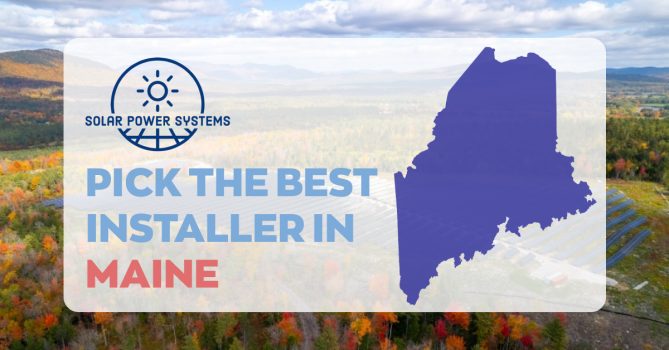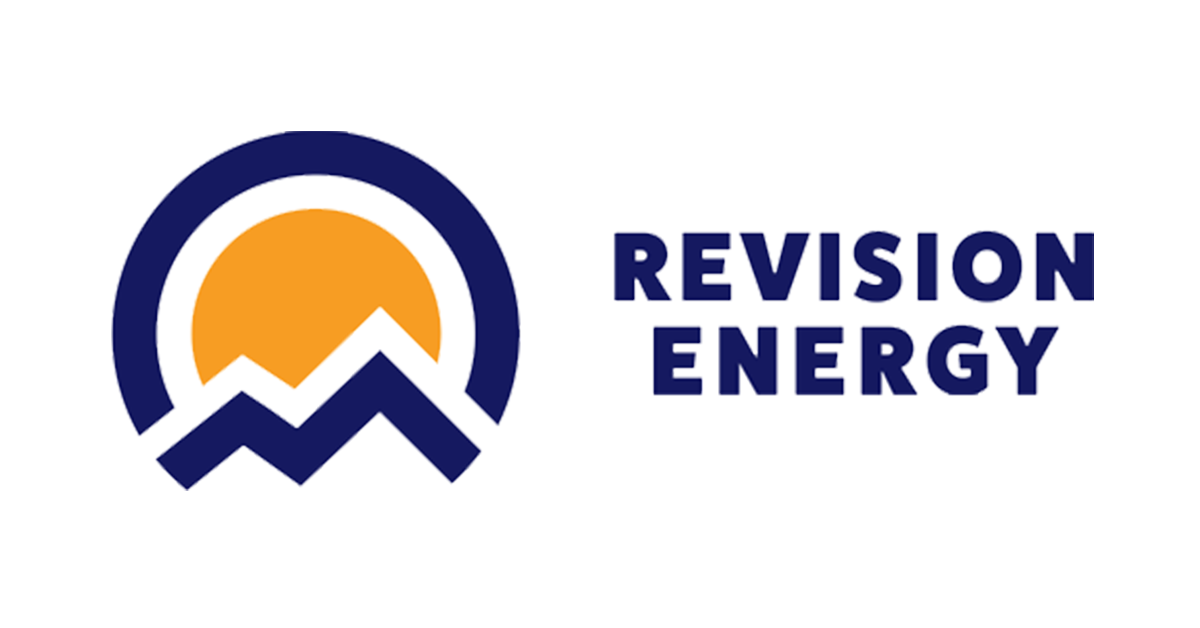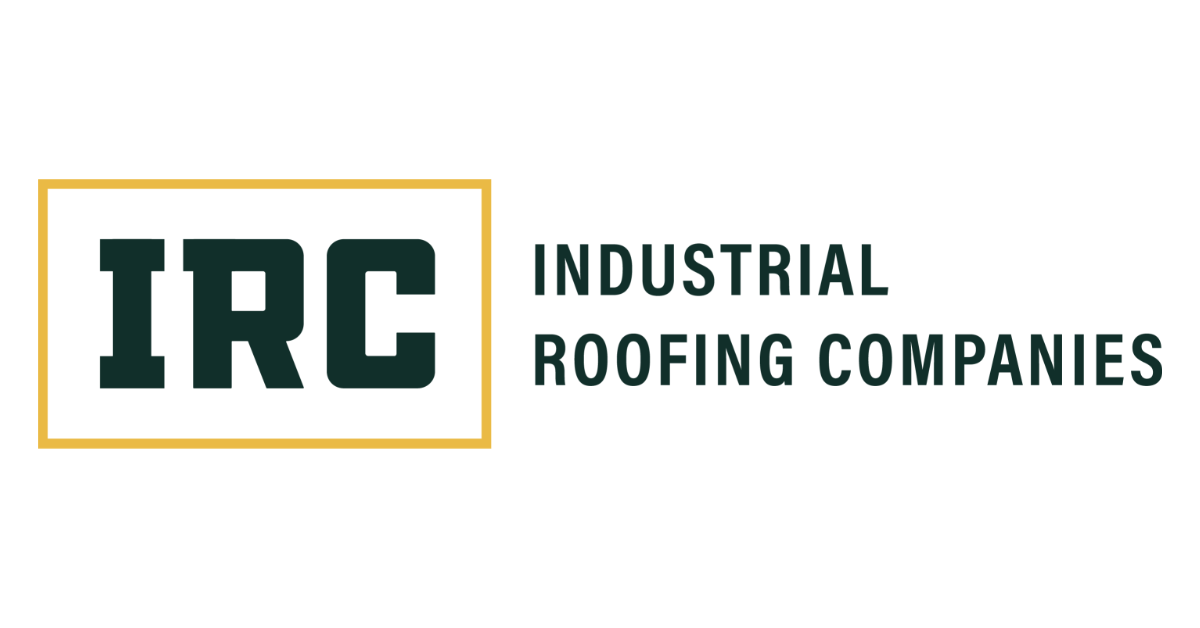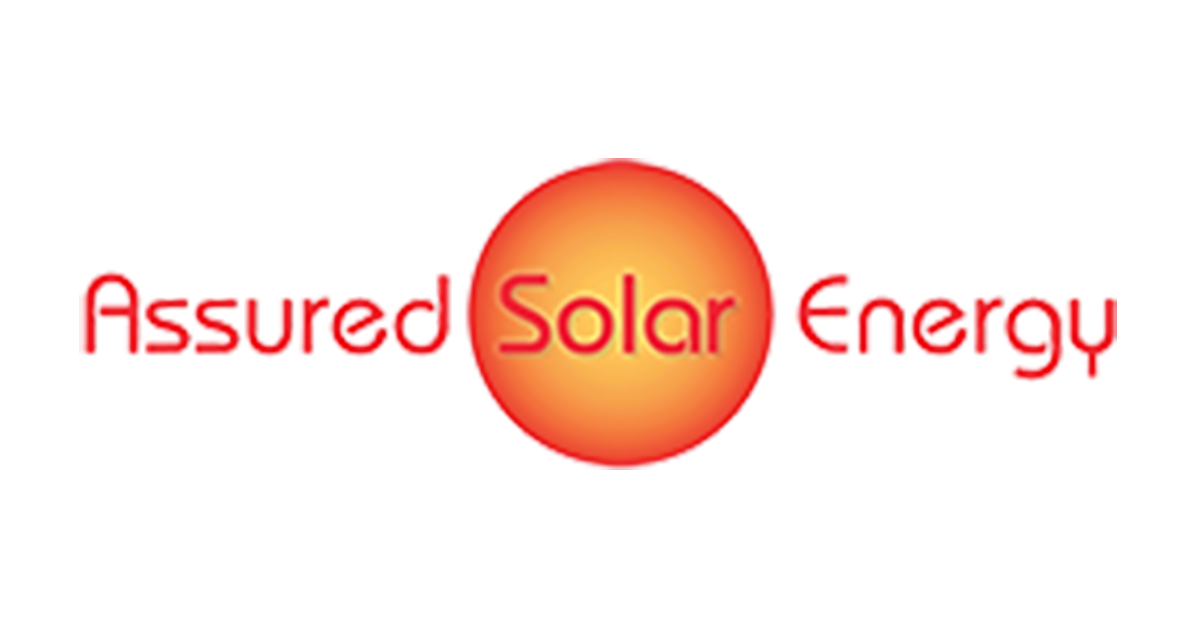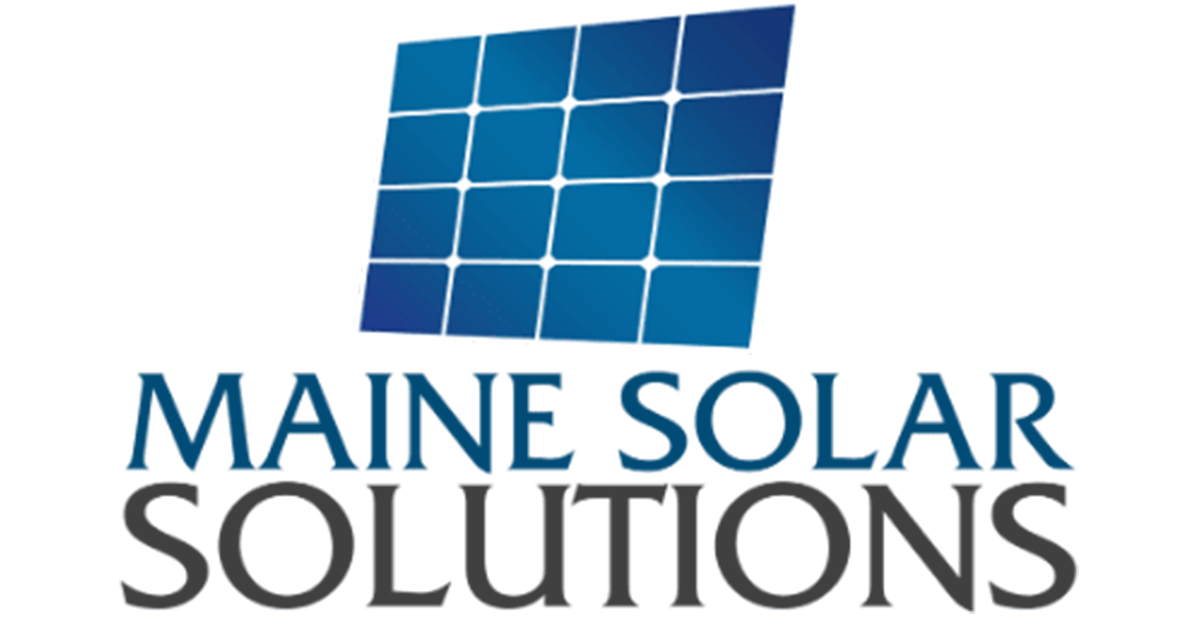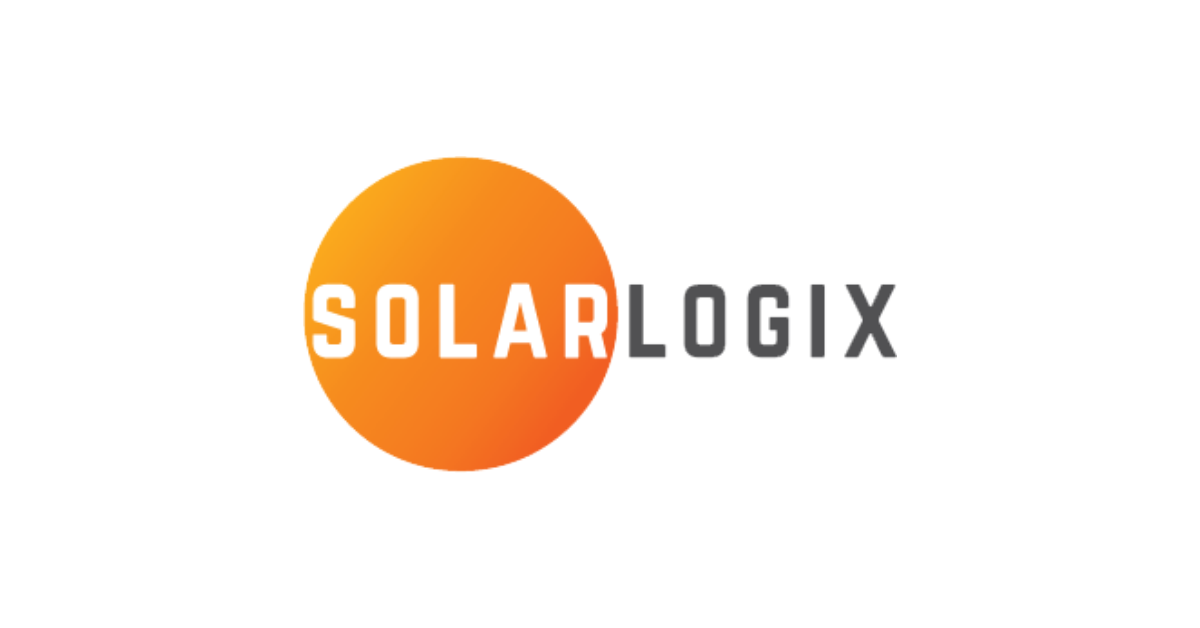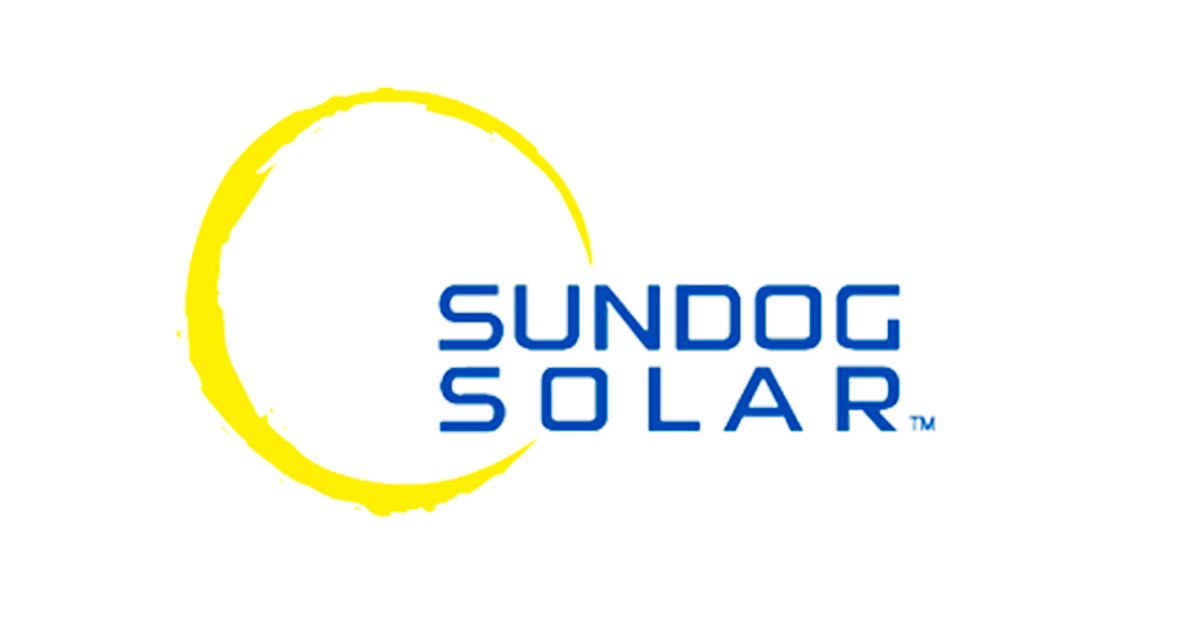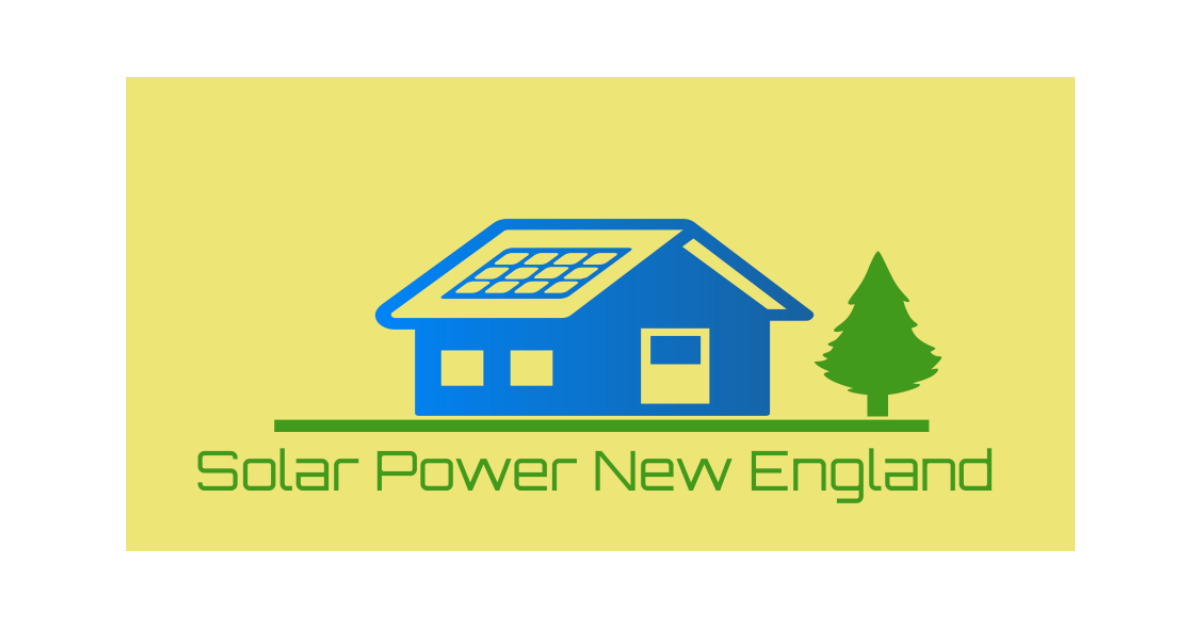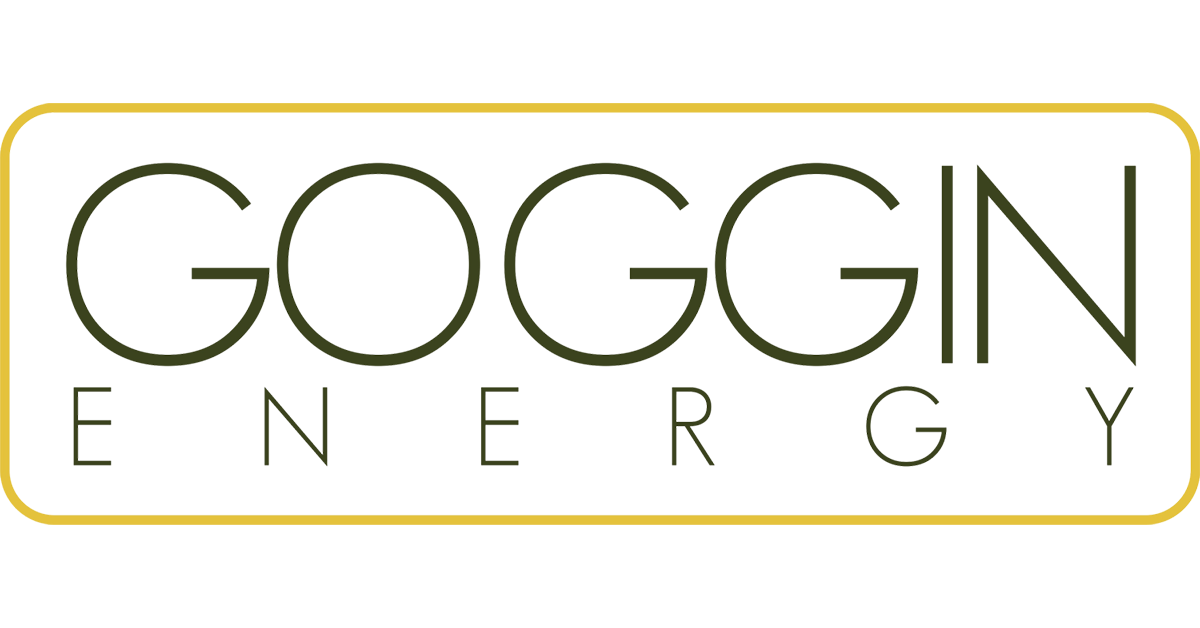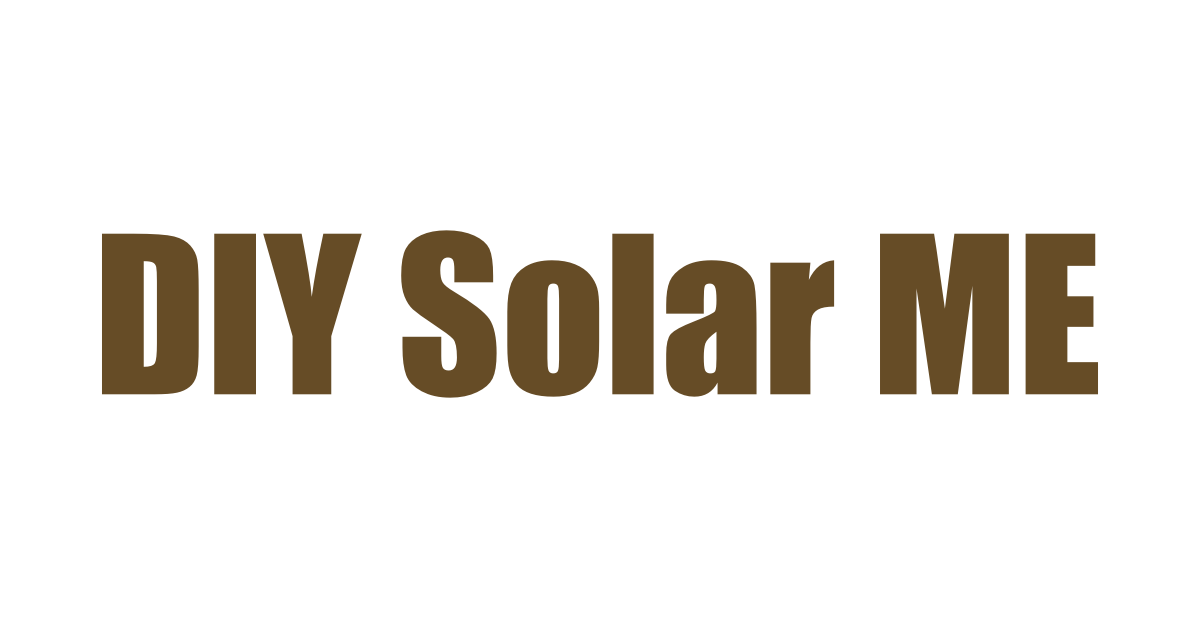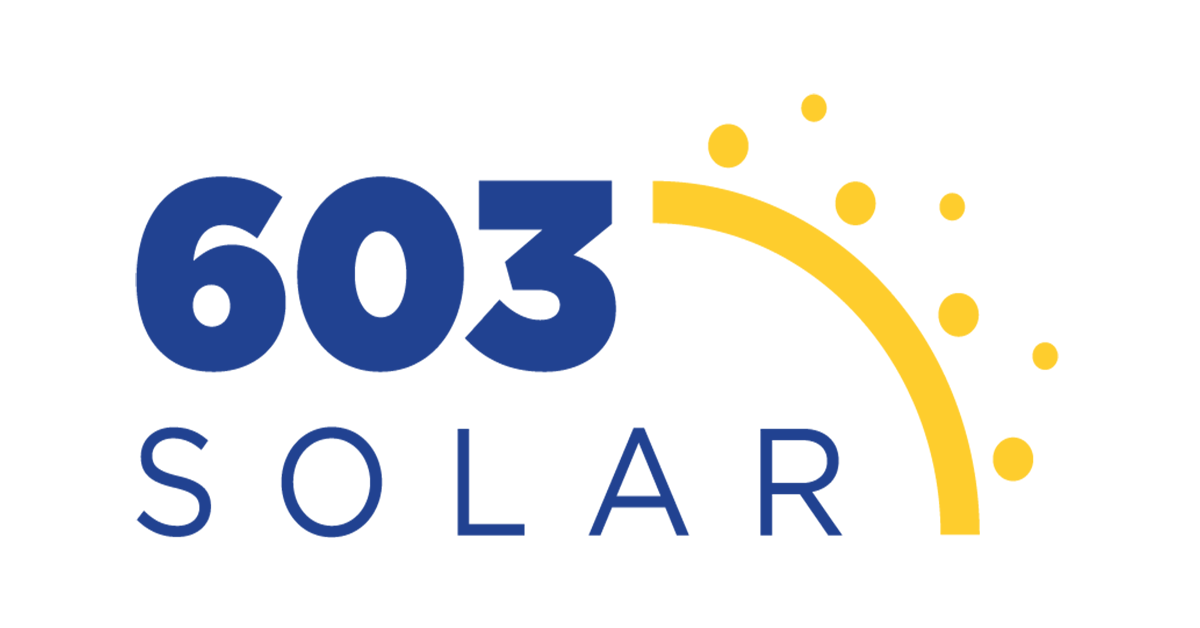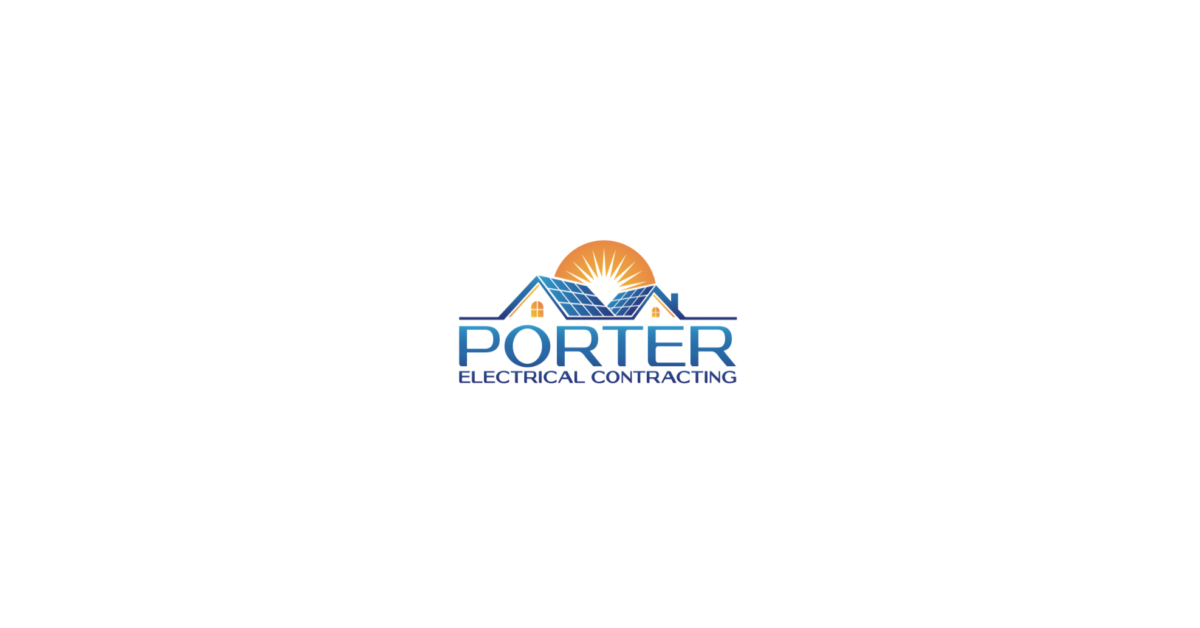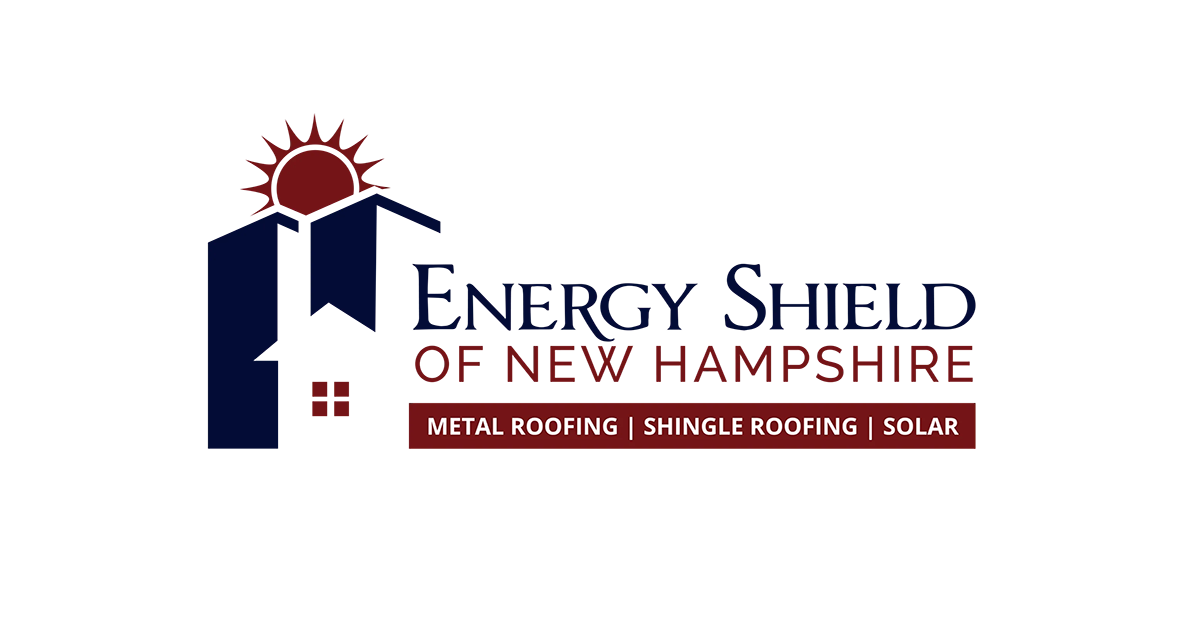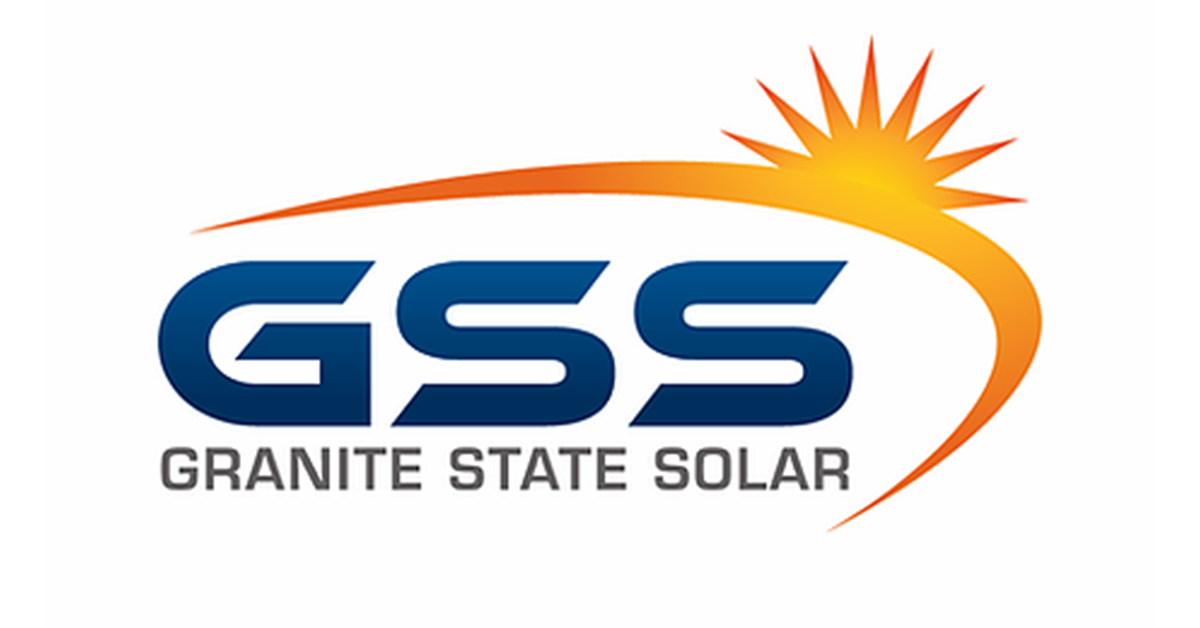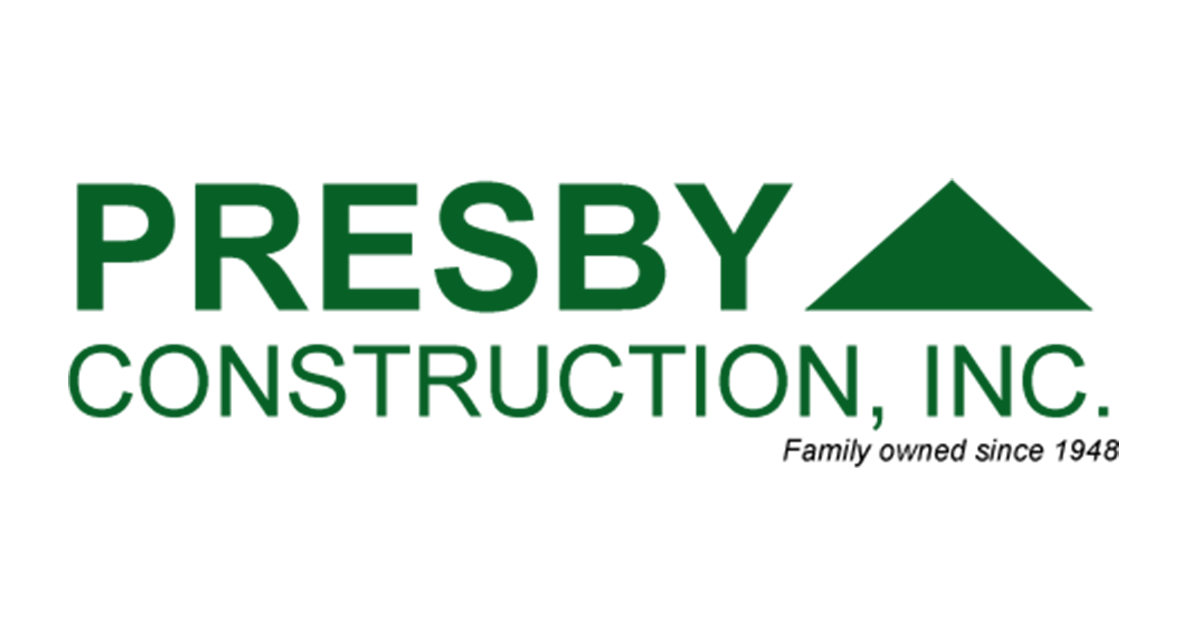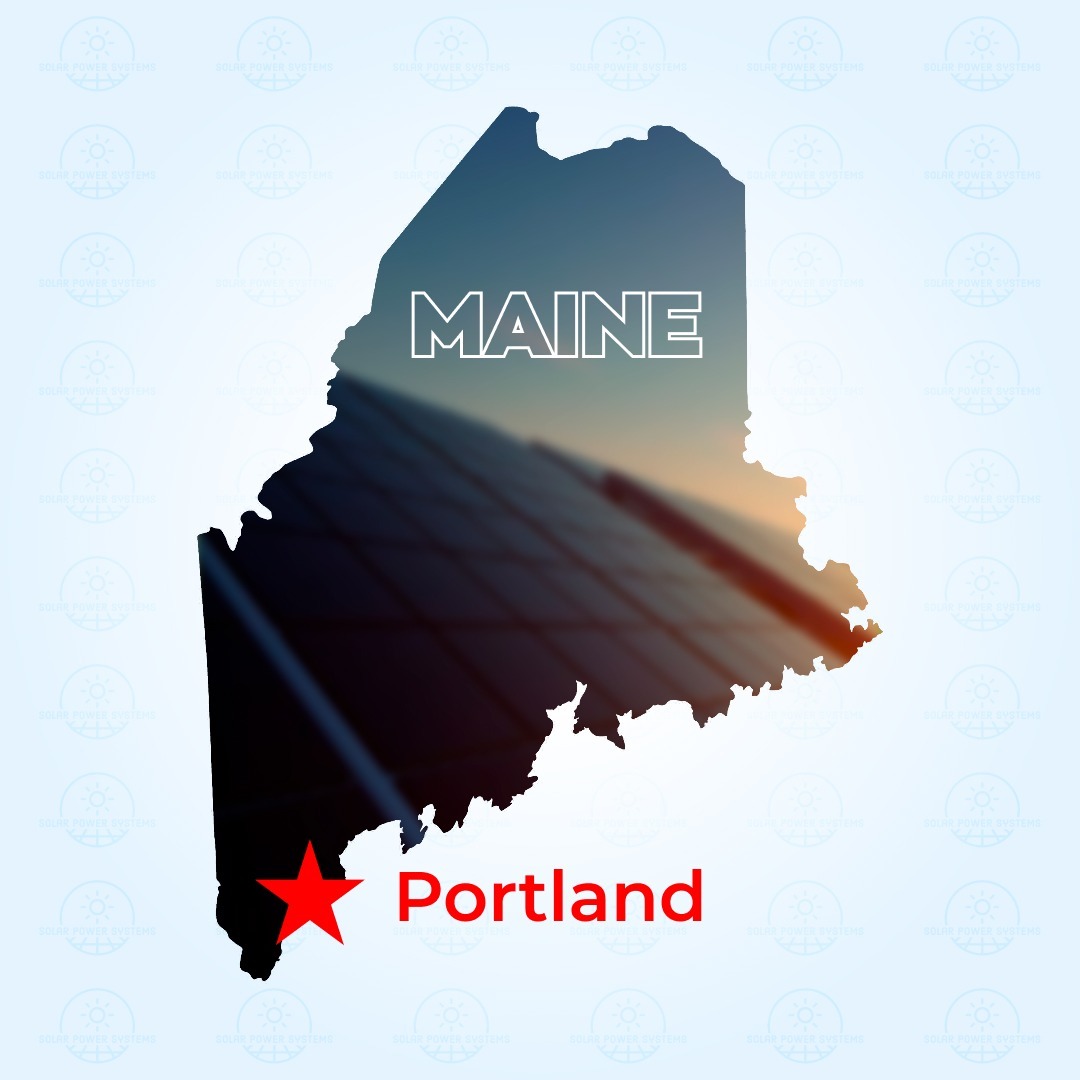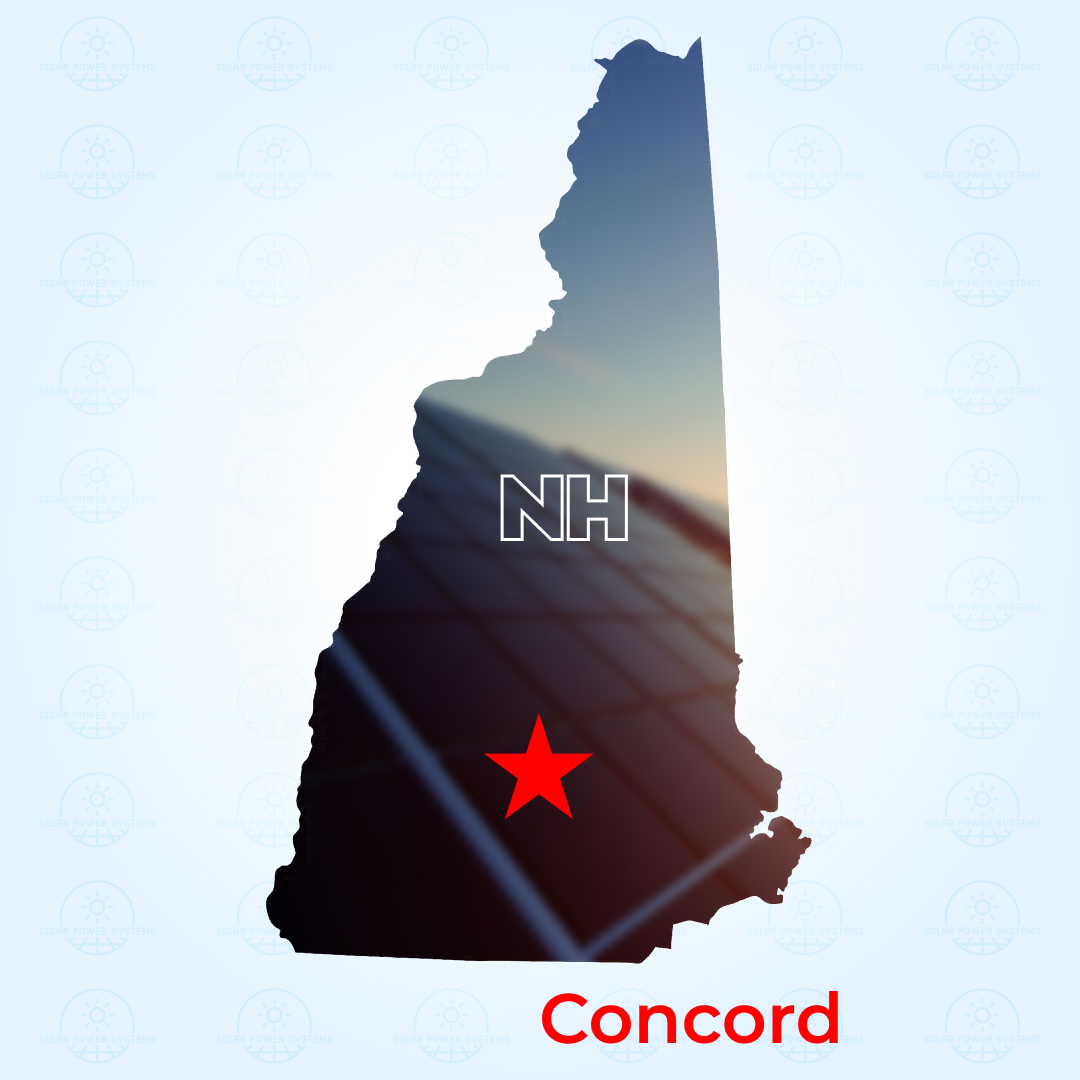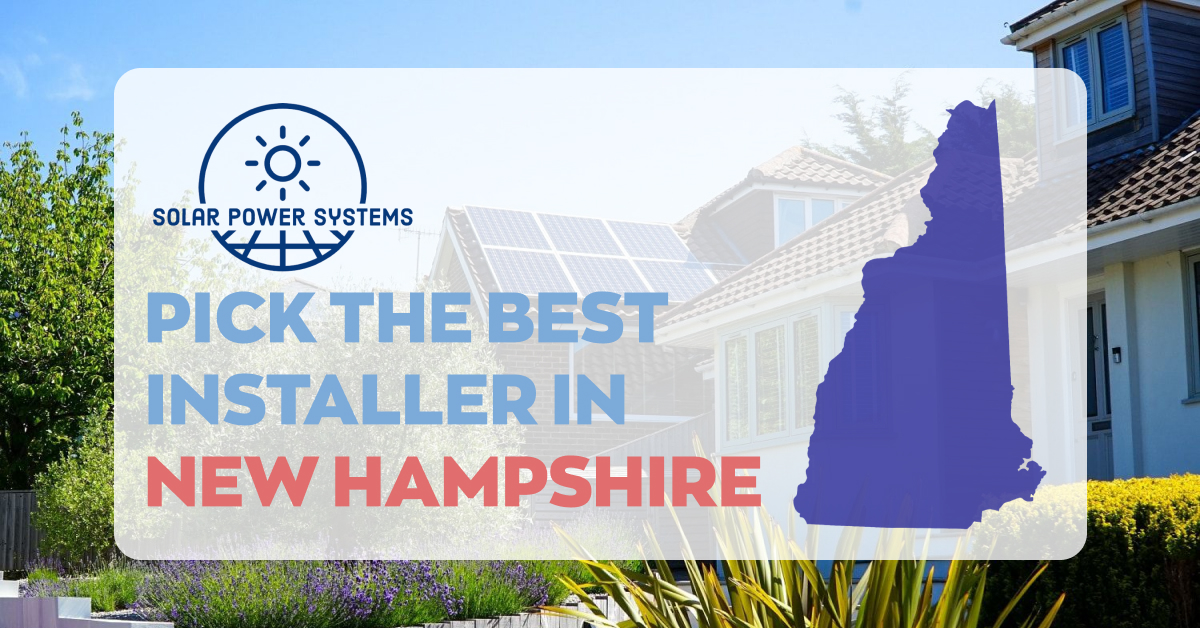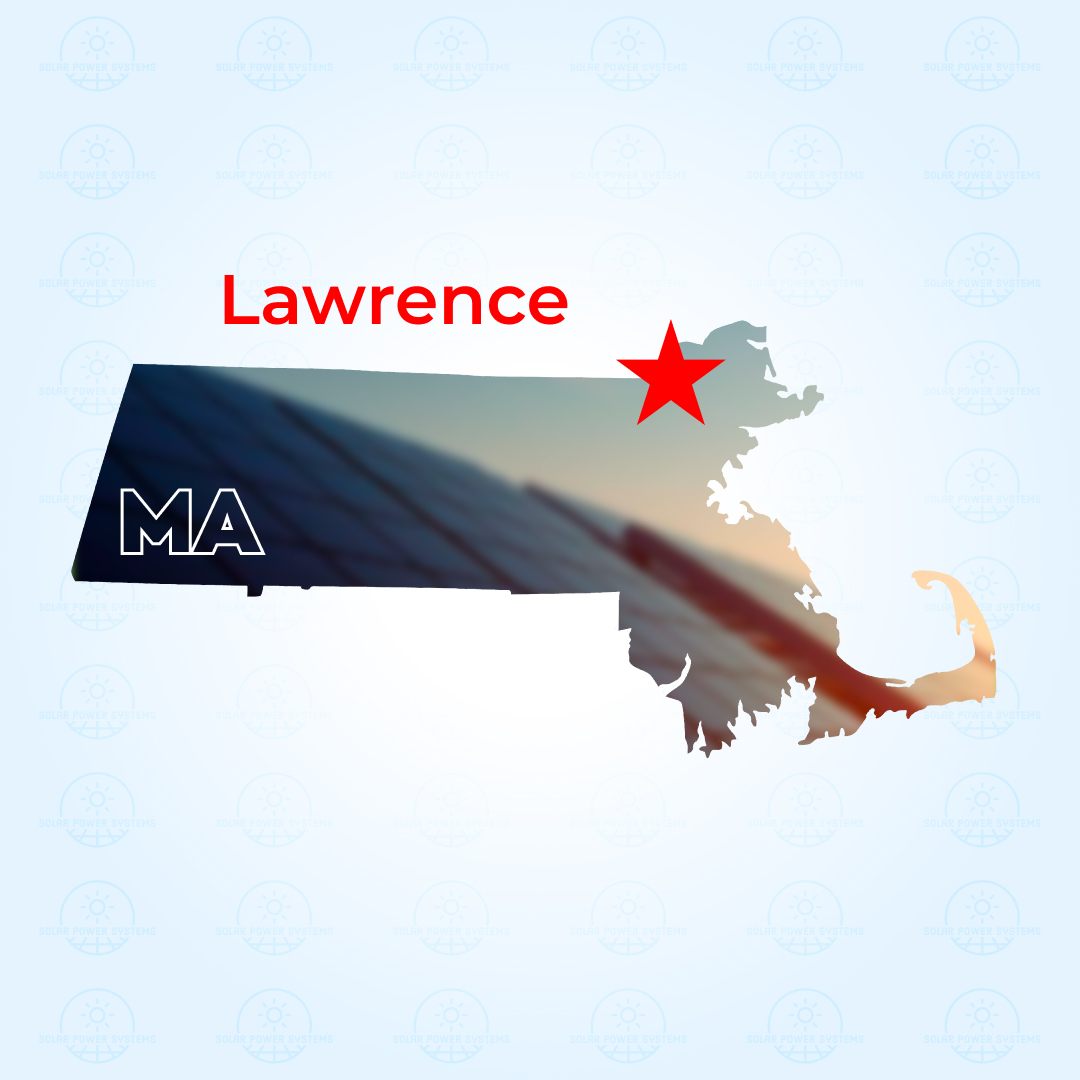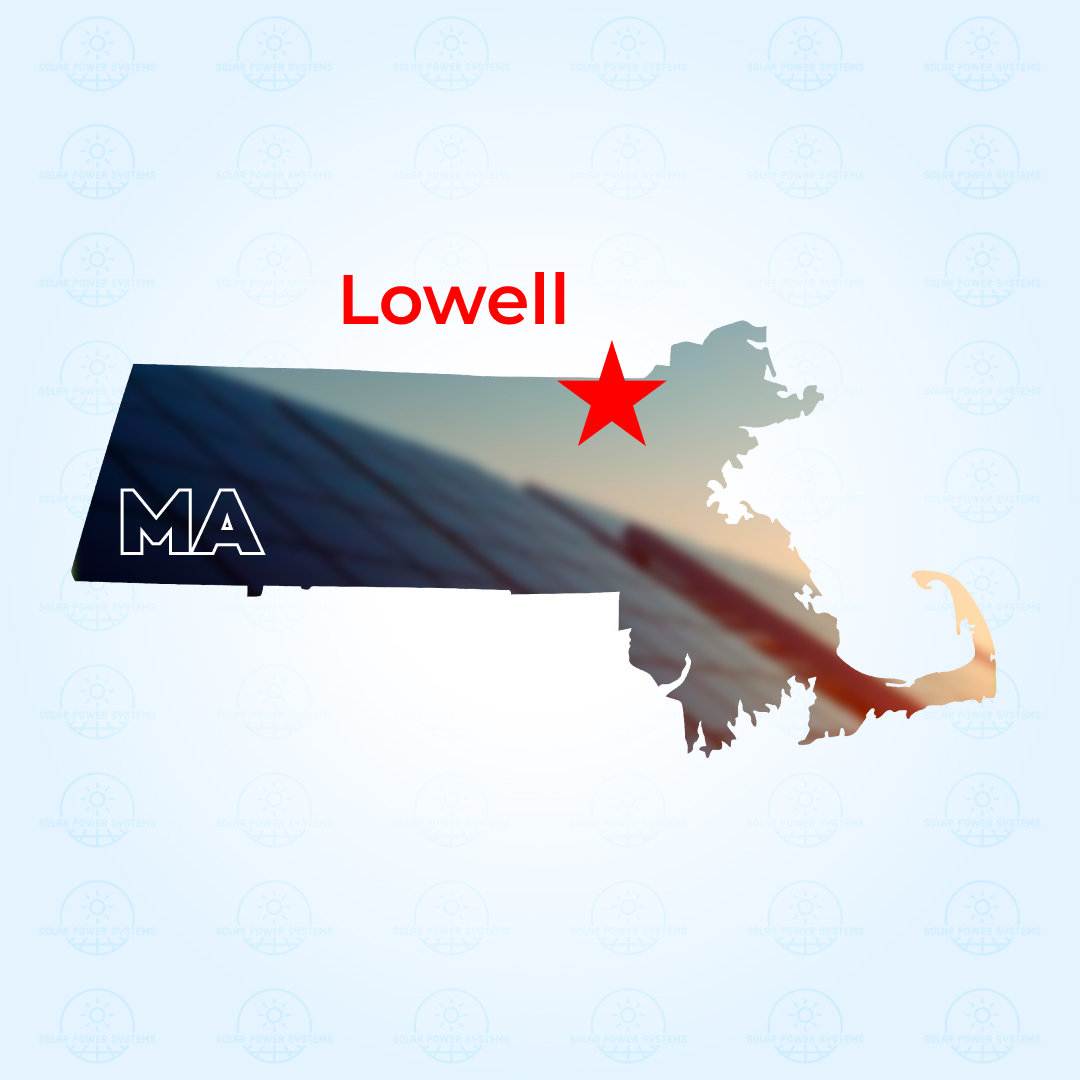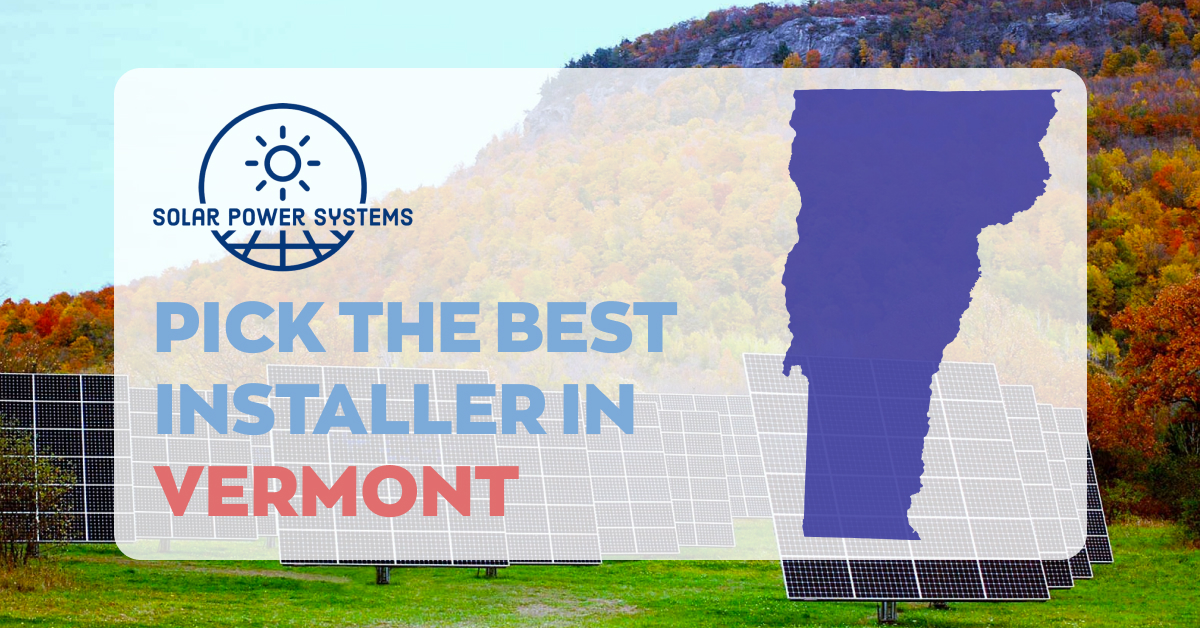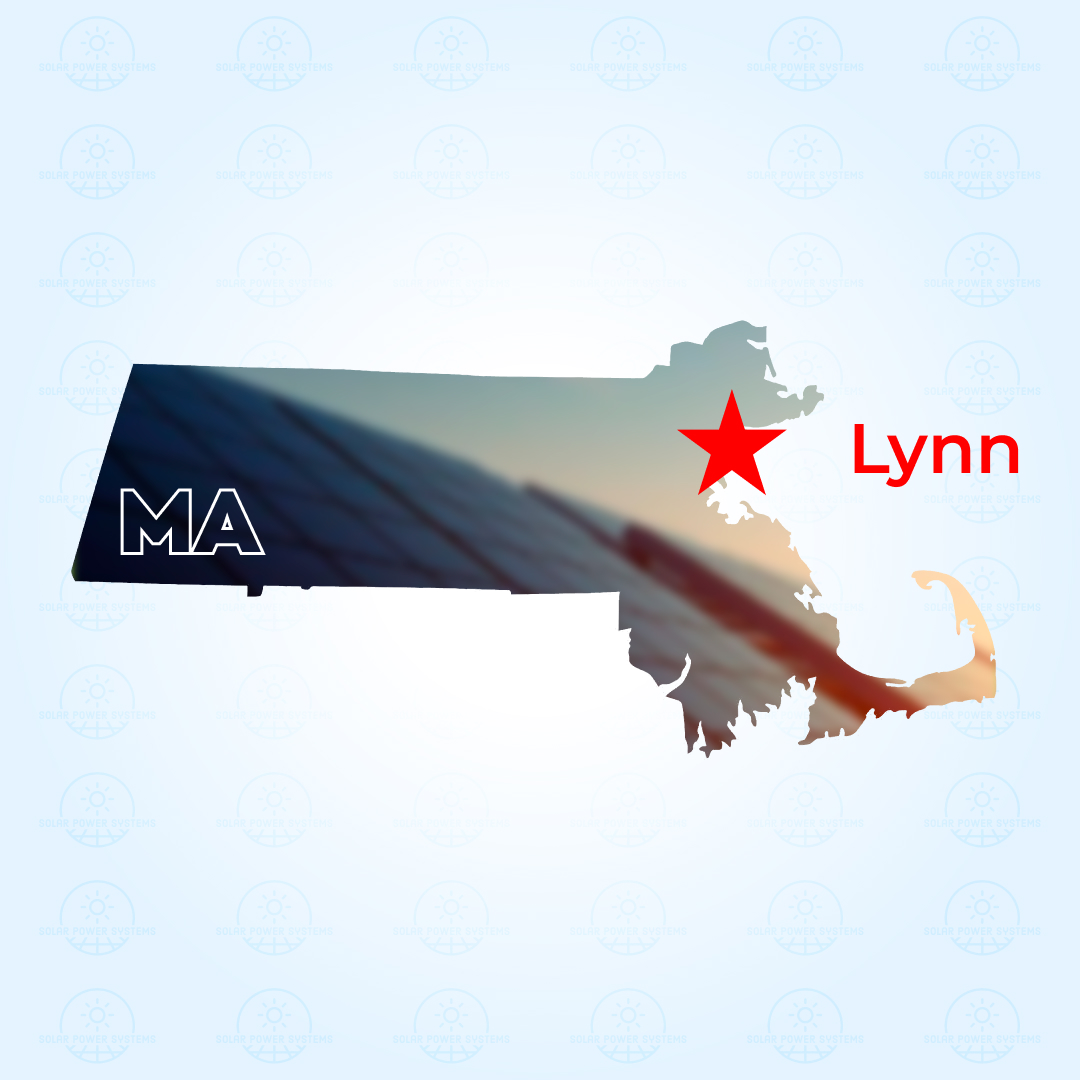Choosing the right solar installer in Maine can feel overwhelming. There are so many questions to answer before making the decision you can spend hours researching. That’s why we’ve simplified it for you.
Our guide highlights Maine’s top-rated solar companies, combining Solar Power Systems expert insights with feedback from locals who’ve made the switch.
No need to surf the web looking for information crumbs to have the big picture. Years in business, reviews from real customers, online reputation, panel brands, warranty, social media overview, and more – we have it all. The hard work is done to help you make the right decision.
We prioritize companies committed to long-term service and reliability. Here’s our list of Maine’s most trusted solar installers:
ReVision Energy review 825 Acadia Hwy, Montville ME, 04941
IRC Industrial Roofing Companies review 9 Ferry Rd, Lewiston, 4240, ME, US
With an overall third-party rating of 4+ and positive feedback across more than 10 reviews from different platforms, IRC Industrial read more…
Assured Solar Energy review 460 Mountfort Rd, North Yarmouth, ME 04097, United States
With an overall third-party rating of 4+ and positive feedback across more than 10 reviews from different platforms, Assured Solar read more…
Maine Solar Solutions review 491 US ROUTE 1 SUITE 20 FREEPORT, ME 04032, United States
Maine Solar Solutions is rewarded with our Expert Choice badge, serving an exclusive area of fewer than 1 state. With read more…
Solarlogix LLC review 18 Searsport Ave, Belfast, ME 04915, United States
With an overall third-party rating of 4+ and positive feedback across more than 10 reviews from different platforms, Solarlogix LLC read more…
Sundog Solar review 222 E Main St, Searsport, 4974, ME, US
With an overall third-party rating of 4+ and positive feedback across more than 10 reviews from different platforms, Sundog Solar read more…
ReVision Energy review 55 Bell St Portland, ME 04103 United States
Revision Energy is rewarded with our Expert Choice badge, serving an exclusive area of fewer than 3 states. With a read more…
Solar Power New England review Forest Avenue, Portland ME, 04103, United States of America
With an overall third-party rating of 4+ and positive feedback across more than 10 reviews from different platforms, Solar Power read more…
Goggin Energy review 75 West Commercial Street, Suite 202, Portland, ME 04101
With an overall third-party rating of 4+ and positive feedback across more than 10 reviews from different platforms, Goggin Energy read more…
ReVision Energy review 758 Westbrook St, South Portland ME, 04106
Revision Energy is rewarded with our Expert Choice badge, serving an exclusive area of fewer than 3 states. With a read more…
FieldElectric review 218 Lovell Rd, Fryeburg, ME 04037
With an overall third-party rating of 4+ and positive feedback across more than 10 reviews from different platforms, FieldElectric is read more…
DIY Solar ME review 64 Gettysburg Ave, Brewer, ME 04412, United States of America
With an overall third-party rating of 4+ and positive feedback across more than 10 reviews from different platforms, DIY Solar read more…
603 Solar review 152 Portsmouth Avenue, Stratham NH, 03885
With an overall third-party rating of 4+ and positive feedback across more than 10 reviews from different platforms, 603 Solar read more…
Porter Electrical Contracting review 38A North Road, Deerfield, NH 03037, United States
With an overall third-party rating of 4+ and positive feedback across more than 10 reviews from different platforms, Porter Electrical read more…
603 Solar review 24 Charter St Exeter, NH 03833-2326
With an overall third-party rating of 4+ and positive feedback across more than 10 reviews from different platforms, 603 Solar read more…
ReVision Energy review 7 Commercial Dr, Brentwood NH, 03833
Revision Energy is rewarded with our Expert Choice badge, serving an exclusive area of fewer than 3 states. With a read more…
Energy Shield of New Hampshire review 484, Province Road Building 1, Unit 19, Laconia, New Hampshire 03246, United States
Energy Shield of New Hampshire is rewarded with our Expert Choice badge, serving an exclusive area of fewer than 1 read more…
Granite State Solar review 57 Ryan Road, Bow, NH 03304
Granite State Solar is rewarded with our Expert Choice badge, serving an exclusive area of fewer than 2 states. With read more…
Presby Construction review 244 Main St., Franconia NH, 03580, Manchester, New Hampshire, United States
With an overall third-party rating of 4+ and positive feedback across more than 10 reviews from different platforms, Presby Construction read more…
ReVision Energy review 78 Main St, Enfield NH, 03748
Revision Energy is rewarded with our Expert Choice badge, serving an exclusive area of fewer than 3 states. With a read more…
Solar Panel Cost in Maine
Wondering how much solar panels cost in Maine? The numbers might surprise you. Right now, Maine homeowners typically pay around $3.86 per watt for residential solar panels. For most homes, that translates to somewhere between $11,580 and $38,850 before any incentives kick in—though the final cost to install solar panels depends heavily on how much power you need.
What You’ll Pay: Maine Solar Pricing Breakdown
| System Size | Average Cost (Before Tax Credit) | Cost After 30% Federal Tax Credit | Typical Home Size |
|---|---|---|---|
| 3 kW | $11,580 | $8,106 | Small (1-2 BR) |
| 5 kW | $19,300 | $13,510 | Average (3 BR) |
| 8 kW | $30,880 | $21,616 | Large (4-5 BR) |
| 10 kW | $38,600 | $27,020 | Very Large/High Usage |
| Pricing Disclaimer: The solar panel prices shown are estimates based on data collected from online sources as of October 2025. Actual costs may vary based on your location, system specifications, and installer. | |||
These are figures, and they represent what most Maine residents are paying for quality installations.
What drives the cost of solar panel installation up or down?
- Your roof matters more than you think: South-facing roofs with minimal shading are ideal. Steep pitches, multiple angles, or older shingles that need replacement first can add to costs.
- Ground vs. roof mounting: Prefer your panels in the yard? Ground-mounted systems run 15-25% higher due to additional materials, foundations, and labor.
- Panel quality and brand: Premium panels from manufacturers like SunPower or LG cost more upfront but often come with better warranties and efficiency ratings.
- Your location within Maine: Installation costs can vary between Portland metro and rural areas due to labor rates and permitting complexity.
- Electrical upgrades: Some older homes need panel upgrades to handle solar, which adds $1,500-$3,000 to your project.
With the federal tax credit expiring at year’s end, now’s the time to get serious about understanding how much are solar panels and what they’ll cost for your specific situation.
Solar Incentives and Rebates in Maine
The good news? Solar incentives in Maine can dramatically cut down what you’ll actually pay out of pocket for your system. Let’s break down what’s available right now.
Federal Solar Investment Tax Credit (ITC) – Time Sensitive
This is the big one. The federal government will cover 30% of your total solar installation cost through a tax credit—but only if you get your system installed by December 31, 2025. After that, it’s gone.
| What It Covers | How Much You Save | Deadline |
|---|---|---|
| Entire system cost (panels, installation, equipment) | 30% of total project cost | December 31, 2025 |
| Example: $19,300 system | $5,790 tax credit | December 31, 2025 |
We’re talking about potential savings of $10,000 or more, depending on your system size. If you’ve been on the fence about solar, this deadline should probably push you off it.
Net Energy Billing Changes
Maine’s net metering landscape is shifting. The state recently phased out its net energy billing expansion program, and officials have until September 2026 to develop a replacement. What does this mean for you?
The short version: The way you get credited for excess power you send back to the grid is changing. Current systems are grandfathered under existing rules, but if you’re installing new, you’ll want to discuss with installers how these upcoming changes might affect your long-term savings.
Property Tax Exemption
Here’s something people often overlook: Maine won’t raise your property taxes when you add solar panels, even though they’ll likely increase your home’s value by an average of $15,000-$25,000. That’s money saved every year you own the system.
Specific Considerations for Solar Panels in Maine
Solar Irradiance and Climate Benefits
Let’s address the elephant in the room: Yes, Maine has long winters. But that doesn’t mean solar panels in Maine are a bad investment.
| Season | Average Sun Hours/Day | Solar Performance |
|---|---|---|
| Summer | 5-6 hours | Excellent |
| Spring/Fall | 4-5 hours | Very Good |
| Winter | 3-4 hours | Good |
The state gets plenty of solar irradiance throughout the year—enough to make residential solar panels worthwhile for most homeowners. Summer days are long and productive, and here’s something many people don’t realize: solar panels actually work better in cooler weather. Extreme heat reduces efficiency, so Maine’s climate is surprisingly well-suited for solar.
Why Maine’s climate is actually good for solar:
- Cooler temperatures = higher efficiency: Panels lose 0.5% efficiency for every degree above 77°F. Maine stays cooler.
- Snow reflection boosts winter production: Clean snow reflects additional sunlight onto panels
- Lower humidity means clearer skies: Less atmospheric interference than humid southern states
- Long summer days compensate for short winters: June gives you 15+ hours of daylight
Permitting and Interconnection Process
Maine has made the permitting process relatively painless, especially for smaller residential projects. Systems under 20 acres typically qualify for expedited permitting.
What you’ll need:
- Building permit from your municipality
- Electrical permit
- Utility interconnection application
- Site plan and system specifications
- Professional engineering stamp (for larger systems)
You’ll still need to coordinate with your utility company to get your system connected to the grid, but most residential installations follow standardized agreements that keep things moving smoothly. Processing times and specific requirements vary by utility and municipality, but experienced local installers know the ins and outs of their service areas.
Timeline Expectations
Installation Timeframe
From your first phone call to flipping the switch on your new system, you’re looking at roughly 1-3 months. Here’s how that typically breaks down:
| Phase | Timeline | What Happens |
|---|---|---|
| Consultation & Assessment | 1-2 weeks | Site evaluation, energy audit, proposal |
| System Design | 1-2 weeks | Custom design, equipment selection, financing |
| Permitting | 2-6 weeks | Municipal permits, utility applications |
| Installation | 1-3 days | Physical panel and equipment installation |
| Inspection & Activation | 1-2 weeks | Final inspections, utility approval, flip the switch |
Permit Processing
Municipal permit processing times vary quite a bit across Maine. You might wait two weeks in one town and six weeks in another for the same type of system.
Fastest processing: Portland, South Portland, Brunswick (2-3 weeks average)
Moderate processing: Most suburban towns (3-4 weeks average)
Slower processing: Rural municipalities with limited staff (4-6 weeks average)
Some jurisdictions have expedited review processes for standard residential installations, which can speed things up. Utility interconnection approvals typically take an additional two to four weeks.
Are Solar Panels Worth It in Maine?
So, are solar panels worth it in Maine? For most homeowners, absolutely.
The Numbers Don’t Lie
| Factor | Maine Solar Reality |
|---|---|
| Average payback period | 10-15 years |
| System lifespan | 25-30+ years |
| Years of “free” electricity | 15-20 years |
| Average annual savings | $1,200-$1,800 |
| Home value increase | $15,000-$25,000 |
| CO₂ offset over lifetime | 100+ tons |
Despite being in the Northeast, Maine has strong fundamentals for solar. Your typical payback period runs 10 to 15 years, and quality systems last 25 to 30 years—sometimes longer. That’s a solid decade or more of essentially free electricity after you break even.
Beyond the Money
Energy Independence
Solar panels protect you from rate hikes (Central Maine Power has raised rates 14 times in the past decade), and if you add battery storage, you’ve got backup power during outages. Maine’s grid isn’t immune to storm-related blackouts, so having your own power source provides real peace of mind.
Property Value Boost
Solar installations typically boost home values without triggering higher property taxes thanks to Maine’s exemption. Studies show buyers will pay a premium of $4 per watt of installed capacity.
The 2025 Urgency Factor
But let’s be honest about the urgency here. That 30% federal tax credit represents massive savings—we’re talking potentially $10,000 or more—and it vanishes after 2025. The cost to install solar panels will effectively jump by that amount come January.
Quick math:
- $19,300 system in 2025: You pay $13,510 after tax credit
- Same system in 2026: You pay $19,300 (no tax credit)
- Money left on the table: $5,790
Is Solar Right for YOUR Home?
Whether solar makes sense for your specific situation depends on several factors:
Good candidates for solar in Maine:
- Annual electric bills over $1,500
- South, southwest, or southeast-facing roof
- Roof age under 15 years (or replacement planned)
- Minimal shading from trees or buildings
- Plan to stay in home 5+ years
Solar might not make sense if:
- Heavy tree shading that’s impractical to remove
- Roof needs replacement within 2 years (do that first)
- Planning to move within 3-4 years
- Very low electricity usage (under $60/month)
Most Maine homeowners with decent roof space and average-to-high electricity usage find that the cost of solar panels pays for itself over time, especially when they act before this year’s tax credit expires.
How Much Can Solar Panels Save Me in Maine?
Finding out how much you can save on solar in Maine is not a straightforward answer. It depends on several factors, including the solar billing of your utility company, the size of a potential solar system on your roof, and your household’s energy consumption. While most solar installers will try to cover all your electricity needs, the actual savings will depend on your home’s unique conditions. To get a personal estimate of how much you could potentially save by going solar, fill out a simple form on our website, use Google’s Project Sunroof solar savings calculator, or consult with a couple of local solar installation companies for a personalized savings calculation.
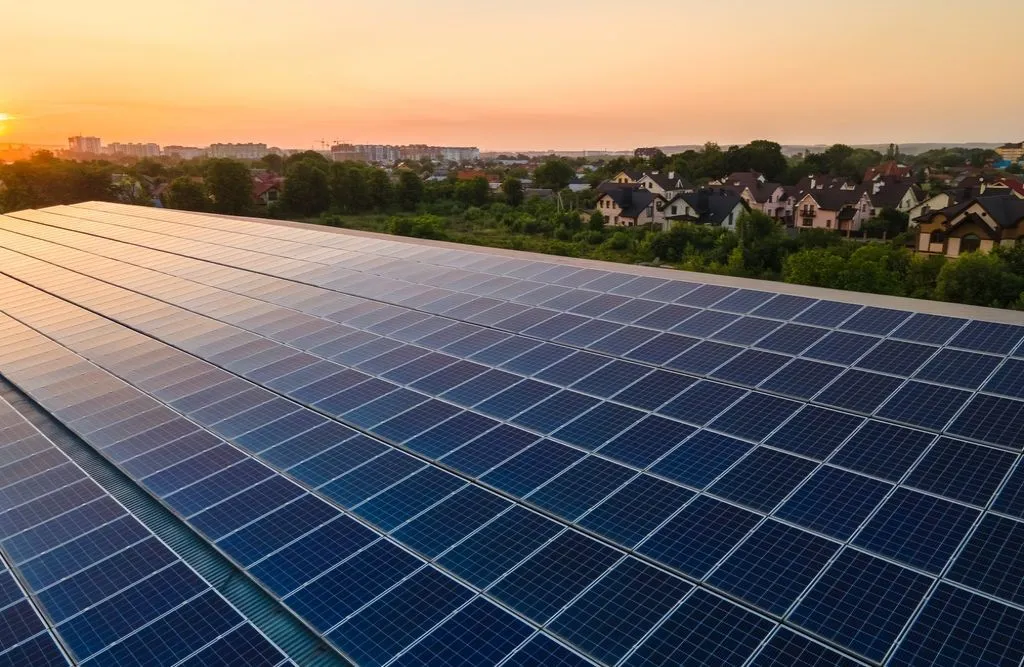
How much is your electricity bill per month?
Help us understand what you`re currently spending
Solar Financing Explained
You can pay for solar panels in a couple of ways:
- Cash
- Installer solar loans
- Personal loans
- Cash-out refinance or HELOC
- Solar Leases or Power Purchase Agreements (PPA)
First, there is a cash purchase, which in most cases provides the best price and long-term savings, but the upfront payment is not always what you can afford. If you want to own your solar panels and don’t have about $15,000 to $20,000 in the bank, you’ll have to choose solar panel financing.
You can consider a personal loan, a home equity line of credit, or a solar loan offered by the solar company. However, keep in mind that these loans come with interest and additional fees. Solar loans often are tied to dealer fees, which can increase the total cost of your solar system by 20% or more in exchange for a lower interest rate. To ensure you get the best possible deal, it is wise to compare the dealer fees and interest rates offered by different installers. This way, you can make an informed decision based on the most favorable terms available.
Some companies offer solar leases or PPAs that require zero upfront cost. But in such case, you don’t own solar panels and you are not eligible for any solar rebates or the federal tax credit. And, because you have to pay the solar company monthly, your total solar savings will be lower. Ask for detailed savings calculations from a solar installer to decide on the best option. In most cases, you will still be paying less for electricity.
Frequently Asked Questions
How We Rank Solar Installers
Our main goal is to provide homeowners like you with top-rated solar companies you can trust. Our solar experts analyzed thousands of local and nationwide installers to get to the bottom of who is best in a specific location. The solar company ranking methodology is based on gathering input from homeowner surveys, consulting with industry experts, and extensive research into the solar energy market. Here are the things we believe are the most important to consider when choosing a solar company.
In short, here’s how we pick top installers:
– Company that has been in business for over five years as it indicates stability, reliability, and successful installations.
– Local solar companies over big national ones covering multiple areas as they can provide better personal attention and know more about the solar needs and regulations in their area.
– Companies with hands-on experience and a wealth of projects under their belt are more likely to deliver efficient and timely installations that cater to specific customer needs.
– Companies that handle their own installations instead of outsourcing to subcontractors ensure a higher caliber of work and nurture a culture of excellence and accountability in service.
– Select a company that has a good overall reputation and reviews on sites like SolarReviews, BBB, Google Maps, and Yelp.
– The company is licensed and insured and holds relevant certifications such as NABCEP certification.
– Companies that offer a wide selection of high-quality solar panels and related products and work with reputable brands.
– Companies that provide flexible financing options such as solar loans, leases, or power purchase agreements.
– Installers that provide substantial workmanship warranties and system performance guarantees.
Read more:
Our Methodology
What Made Us Choose Sources for Expert Score?
How We Classify Solar Installers: What Matters Most?
What to Look for In a Solar Company
To ensure that you partner with a great provider that can meet your needs of going solar, look for the following:
– Make sure the solar installer has industry-standard certifications, such as those from the North American Board of Certified Energy Practitioners (NABCEP), indicating that they meet the gold standard in renewable energy installations. Also, verify if they are licensed, bonded, and insured for residential solar projects in your area. If subcontractors are involved, check their credentials as well.
– Prioritize installers with a proven track record in solar installations, ideally with at least 5+ years of experience. Ask about the number of systems they’ve installed and their project portfolio. A competent installer should openly discuss the solar panels, inverters, and batteries they use if they help to take advantage of local solar incentives and rebates, as well as warranty coverage specifics.
– Your installer should be forthcoming about the installation process and answer any questions you might have, like “How many solar panels will I need? Why?”, “Can you give me a detailed cost breakdown based on my energy consumption?”, “What solar panel brands do you install? Why?”, etc… They should also be transparent about their use of subcontractors, detailing their roles and how their work will be supervised.
– A preliminary evaluation of your roof’s condition is the groundwork. The installer should advise on necessary repairs to ensure it’s ready for solar panel installation and clarify responsibilities for any potential roof damage during the process. Discuss aesthetic concerns, such as the placement of solar panels around roof vents or the possibility of relocating vents for a more visually appealing setup.
– Check the installer’s reputation through online reviews and testimonials. They should be able to connect you with past customers willing to share their experiences. Personal recommendations from friends or neighbors who’ve gone solar can also be invaluable.
– Solar installation costs can vary widely, so obtaining multiple quotes is advisable. Experienced installers will adjust their offers to your home’s specifics—size, energy needs, etc. For an objective cost comparison, calculate the price per watt of the proposed system, giving you a standardized basis to evaluate different quotes.
Should You Choose a Local Solar Installer or a Big National Company?
Always choose a local solar company over a big national corporation. Small local companies operating in a distinct area are better than multi-state and national solar companies and large corporations. It’s the small local companies who get the best reviews on our website, and it’s the national multistate companies who get very poor reviews. Why so, you may ask?
Solar is a local service business, for the most part, and it is extremely difficult to run a solar company and offer good customer service to many locations from a central office.
Local ones have a community connection, they know the incentives and regulations in the area better, and they care more about you than large businesses trying to get into your pocket and overprice you. While multi-state solar companies might try to convince you by financial stability and “quality of installations across different locations”, try to choose a local company that meets all your criteria.
What Does a Solar Installation Look Like?
Here’s how a solar system installation will look like once the design for your solar system is approved:
– First, a solar installer should estimate your energy needs, and analyze your annual and monthly electricity consumption, which you can find on utility bills measured in kilowatt-hours (kWh). Such calculations will help to understand potential savings, payback period, and the system size you need.
– A home energy audit is something every experienced solar company would do to understand the size and output needed.
– Next question on the list: are your house’s roof conditions good enough for installation? A solar installer should carefully inspect the roof and ensure its conditions and orientation are good to go, how and where to better place solar panels and wire the system.
– Next, they will design the system and show you how it’s going to look.
To install solar panels, you will usually need a permit from your local authorities, and the solar provider should handle all the paperwork.
– The entire process might take up to 3 months depending on the state and local regulations, while the system installation is usually up to 3 days (might take longer depending on roof conditions and system complexity).
– The installation crew should always clean up and remove any debris, leaving your house in good condition.
– When the system is installed, local municipality inspection should check and approve it.
– If you’re connecting your system to the grid, it has to be wired to your local utility system. You’ll apply for connection through your utility company, which will also want to inspect your system to ensure it’s following utility guidelines. Some installers may help you with this step, so always ask. Once you have all the permits, your system will be up and running, powering your home with solar.

Find the Best Solar Installers Near You
Browse the Best Solar Installers in Nearby Locations

